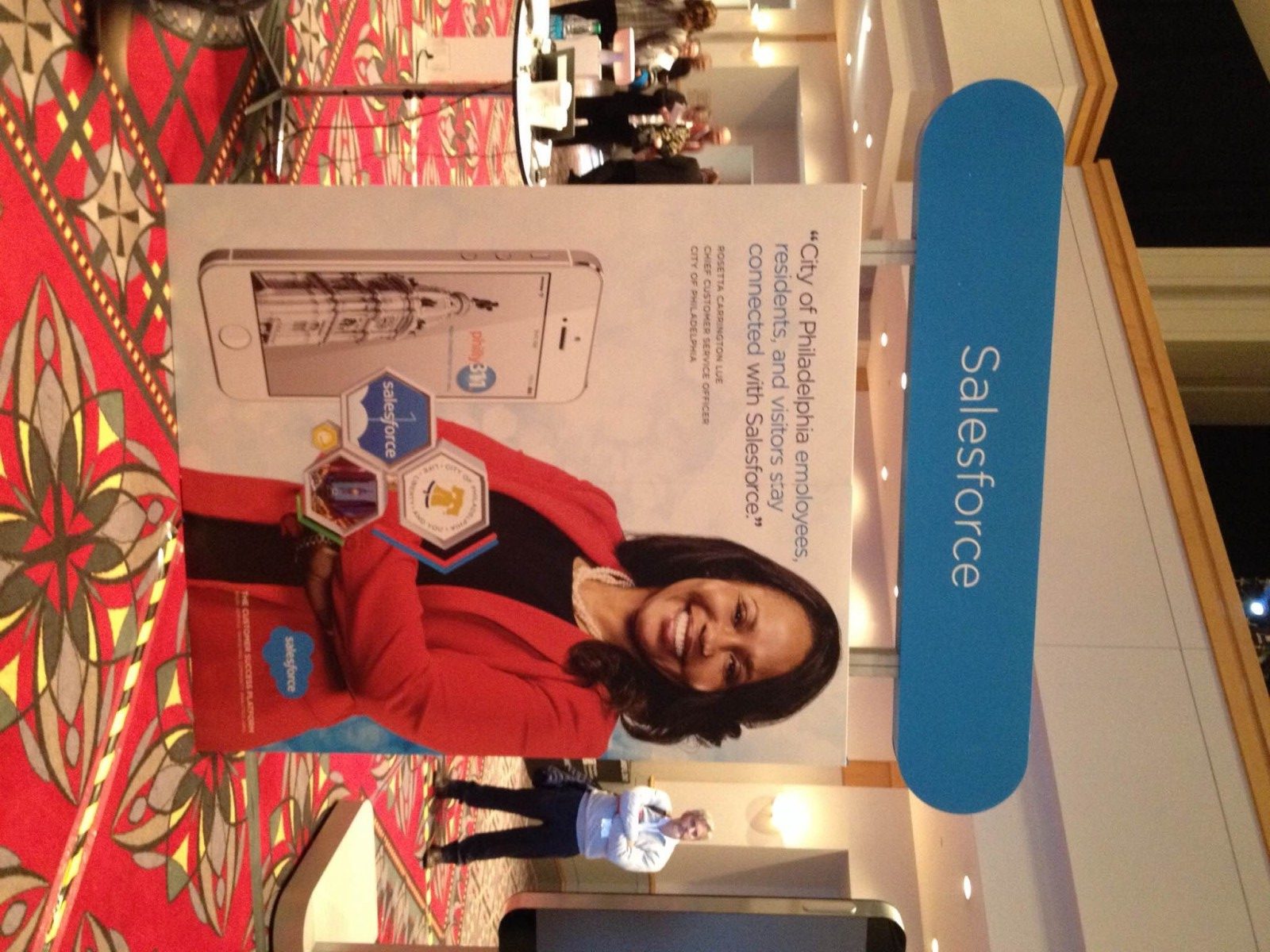The City of Philadelphia launched its new 311 system Wednesday.
But the new system for the city’s non-emergency service line, which fields complaints about things like garbage that never got picked up, oversized potholes and errant rodents, won’t look that different from the 311 you’re used to.
Instead, the new system aims to help the city respond to complaints faster and better, said Chief Customer Service Officer Rosetta Lue.
That’s because the new system is focused on collecting location-based data, which it wasn’t previously set up to do. That means that 311 operators will have more data, viewable via map, when handling complaints. It should also cut down on the number of times that people report problems and get told that the “address could not be found.”
Eventually, Lue wants 311 to move to a predictive model, similar to how the Philadelphia Police Department uses location-based data to develop crime-fighting strategies. That way, the city can be proactive instead of reactive.

There’s also a “Facebook for government” tool in the works, which will allow Philadelphians, or “customers,” as Lue calls them, to communicate with each other and with city employees. It’s in pilot mode right now and now open to the public. It sounds a lot like the NextDoor app the city recently launched, as well as its pretty much defunct PhillyRising app. (It’s clear that communicating with residents is a priority for the city and it appears to be trying as many channels as possible to do so.)
The 311 project is part of the city’s $120 million technology upgrade. According to city records, the total amount of the one-year contract with Unisys, the Blue Bell, Pa., company that implemented the system, was $3.1 million, though records showed that, as of Q1 2015, the city had only paid Unisys $1.2 million. We’re still waiting to hear back from Lue about these numbers and what the discrepancy means.
The new 311 system runs on the Salesforce platform (we’re waiting to hear from Lue about how much this cost), chosen so that the city could purchase other existing apps to run on the platform, city staffers have said. The new system itself was announced at a Salesforce-organized Innovation Summit co-hosted by the city at the Pennsylvania Convention Center in Center City. The event heavily featured city officials, and included a youth hackathon run with Code.org and String Theory Schools and local startup demo booths.

What the city’s new 311 system means for you







